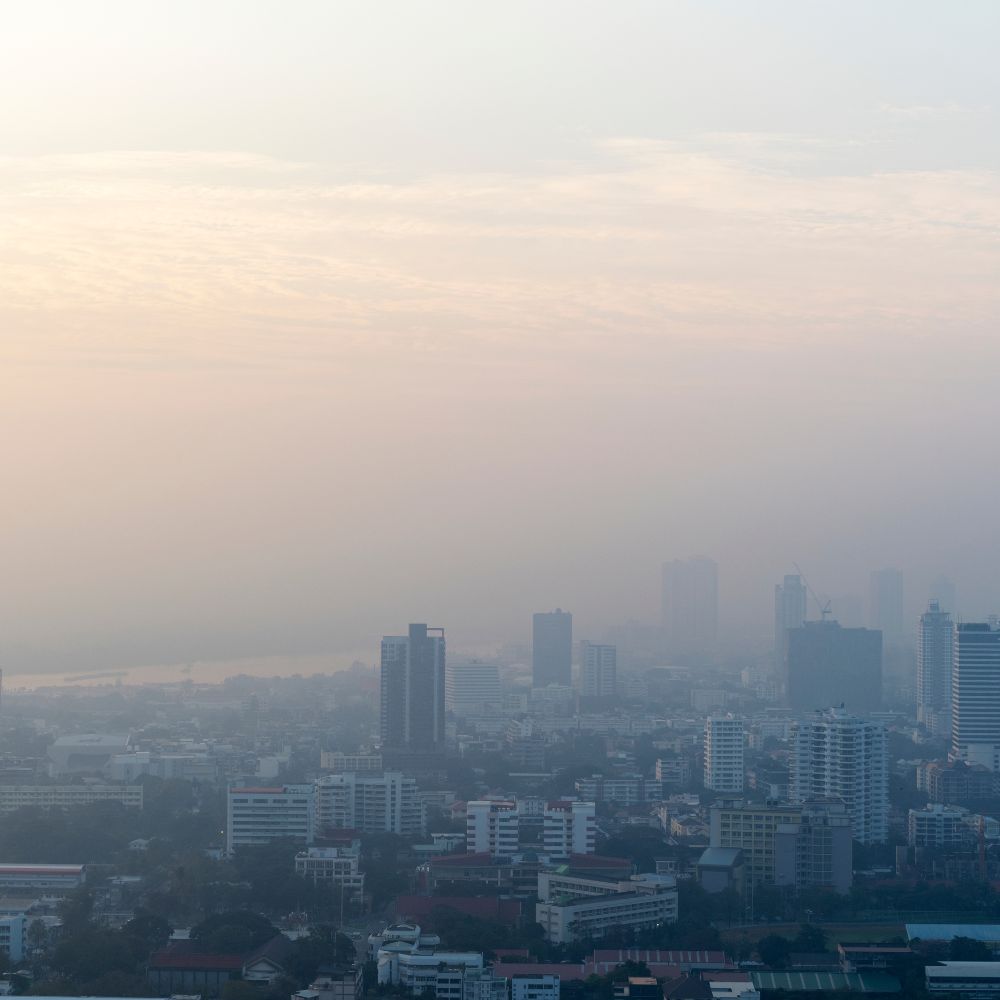Choking on smog: Lahore shuts down schools as pollution soars to record highs
In a drastic attempt to protect the health of students and residents, Lahore authorities have closed schools across the city as pollution levels soar to dangerous new highs. Lahore, often celebrated for its rich history and vibrant culture, now faces a toxic smog that has transformed the bustling city into a public health emergency zone. On Monday, authorities took the extraordinary step of halting in-person classes, leaving over a million students to stay indoors to avoid hazardous air.
Toxic Air Puts Lives at Risk
The Air Quality Index (AQI) in Lahore has consistently recorded levels above 400 in recent days, far exceeding the “hazardous” threshold of 300. In some areas, readings have even touched 500, the AQI’s maximum scale, indicating air that is unfit for any form of outdoor activity. Pollutants like PM2.5, nitrogen dioxide, sulfur dioxide, and carbon monoxide are saturating the air, posing serious health risks. These pollutants are so fine that they can penetrate deep into the lungs and even enter the bloodstream, causing respiratory issues, cardiovascular problems, and, over time, increased mortality rates.
The World Health Organization (WHO) has long warned about the dangers of air pollution, calling it one of the most significant environmental health risks globally. For Lahore’s residents, these warnings have become a harsh reality. Doctors and health professionals across the city have reported an uptick in respiratory cases, with complaints ranging from persistent coughs to shortness of breath and chest pain.
Government’s Bold Move to Close Schools
The Punjab government’s decision to close schools comes as part of a series of emergency measures to combat the pollution crisis. “The health and well-being of our children must come first,” said an official from the Punjab Education Department. “In these conditions, it is simply unsafe for children to attend classes outdoors or commute through the city’s thick, smog-filled air.” School officials have advised students to stay indoors, use air purifiers if possible, and wear face masks to protect themselves from harmful pollutants.
Many parents, although concerned about educational disruptions, have expressed relief at the decision. “My son started wheezing every time he came home from school,” said Saira Malik, a concerned mother. “It’s hard to see schools close, but their health is more important than any lesson.”
Economic Toll and Environmental Wake-Up Call
The severe pollution levels have not only affected daily life but are also taking a toll on Lahore’s economy. Traffic is reduced as people avoid unnecessary travel, and local businesses have slowed down, especially those relying on outdoor operations. Factories, brick kilns, and vehicle emissions are the main contributors to the smog, with few checks and balances in place to curb emissions.
For years, environmentalists have been calling for stronger policies on industrial emissions, better public transport, and initiatives to green urban spaces. Ali Imran, a Lahore-based environmental activist, stressed the urgency of adopting long-term solutions. “School closures are a short-term response to an ongoing crisis,” Imran said. “Unless we start addressing pollution at its roots, we will be forced into these desperate measures year after year.”









